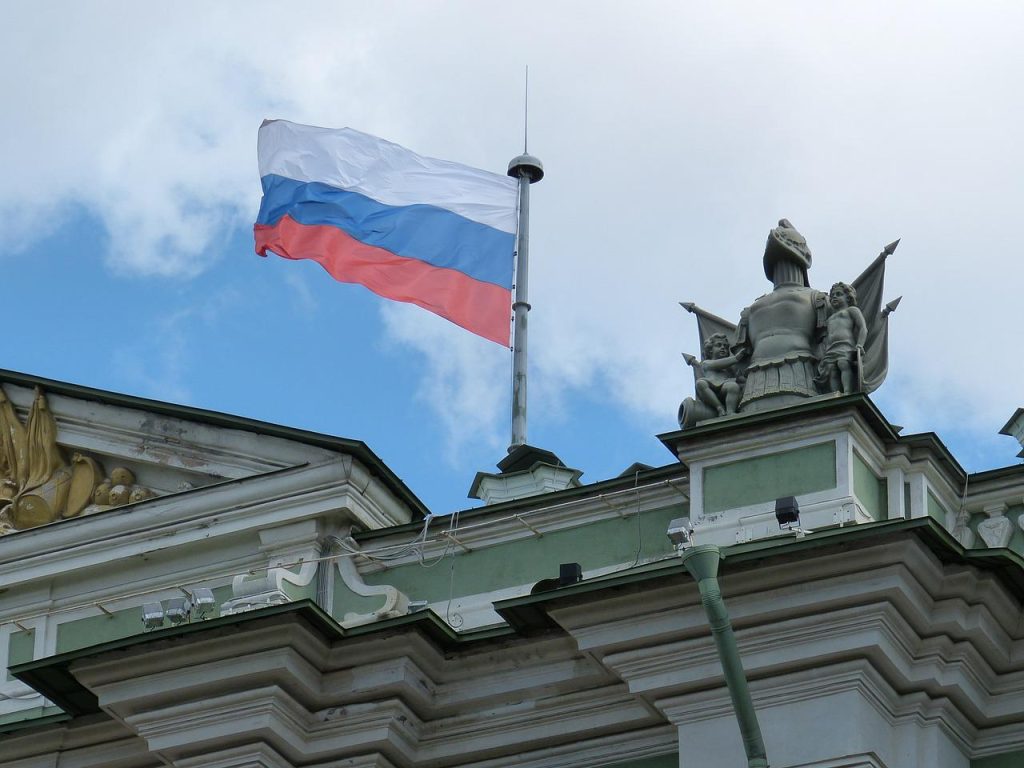Putin Signs Law For Prohibiting Digital Asset Payments

A bill that bans the use of digital assets for making payments in Russia has been signed into law by the Russian Federation’s President, Vladimir Putin. According to the legislation, all crypto exchanges in the country should turn down transactions that facilitate the use of digital financial assets, or DFAs, the legal term that refers to cryptocurrencies in Russia.
Legislation approved
A law has been signed by Vladimir Putin, the President of Russia, which directly imposes a ban on the use of DFAs for being used for payment purposes in the country. This ban is also applicable in the case of utilitarian digital rights (UDR).
Currently, the other law related to cryptocurrencies that is in effect in the country is called ‘On Digital Financial Assets’ and it had been implemented back in January in the previous year. This law had introduced the two legal terms mentioned earlier.
It has been clarified by Russian officials previously that cryptocurrencies are included in the term digital financial assets (DFAs), while the tokens fall in the category of UDR.
Crypto regulation
However, these two bills do not comprehensively regulate the entire crypto sector in Russia. Another bill called ‘On Digital Currency’ is on the slate for review this fall in the State Duma, the lower house of the parliament in Russia, and it is aimed at filling the regulatory gaps that still exist.
As for the legislation that has been signed into law by the head of state in Russia had been first presented in the State Duma on June 7th. Anatoly Aksakov, the Financial Market Committee’s chairman, had brought it forward and its adoption occurred a month later.
Before this signing, the law in Russia did not explicitly prohibit the use of digital assets for payments, even though it is not permitted to use ‘money surrogates’. Plus, the Russian ruble is considered the only legal tender in the country.
The bill
Even though the latest bill prohibits the use of digital financial assets (DFAs) to pay for transfer of goods and services and performed works, there are loopholes. After all, it does not dictate whether the DFAs can be used to make payments for other purposes that are mentioned in federal laws.
Due to its invasion of Ukraine, Russia has become the target of sanctions by Western nations and this has put the financial system in the country in a bind. Therefore, there has been a gain in popularity for a proposal in Moscow that legalizes the use of crypto to make small-scale payments in foreign trading transactions with partners.
Not only does the law indicate that direct payments are forbidden with DFAs, it also instructs platform operators that are offering exchange services to reject transactions that might be deemed as facilitating payments with DFAs in place of the Russia ruble. The new legislation will be published in the government gazette and then come into effect 10 days later. As far as exceptions are concerned, they have already been mentioned by experts.




